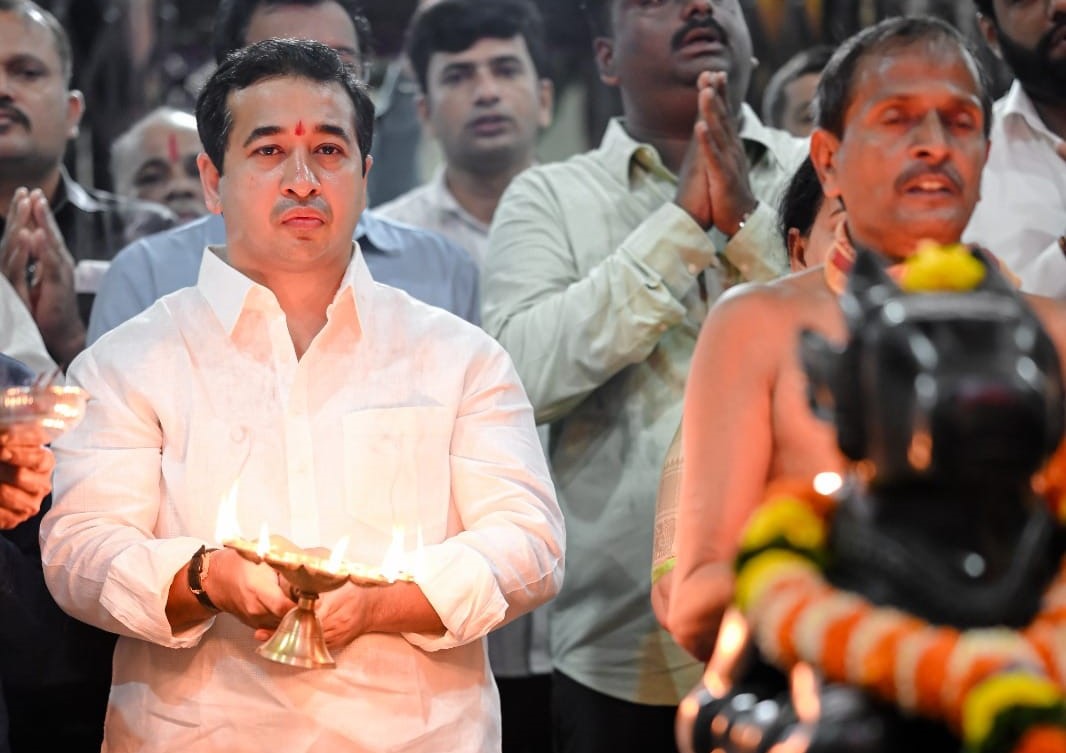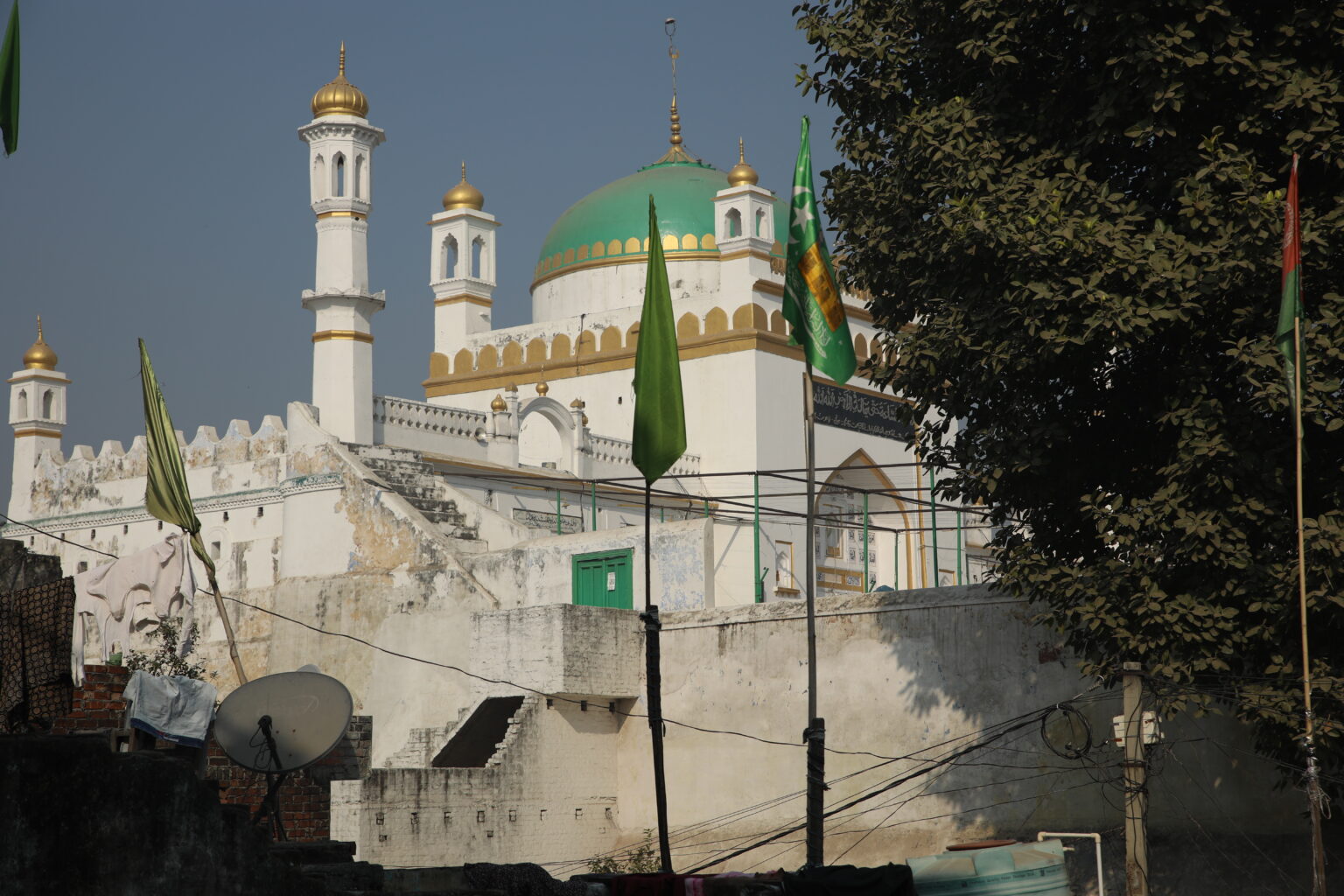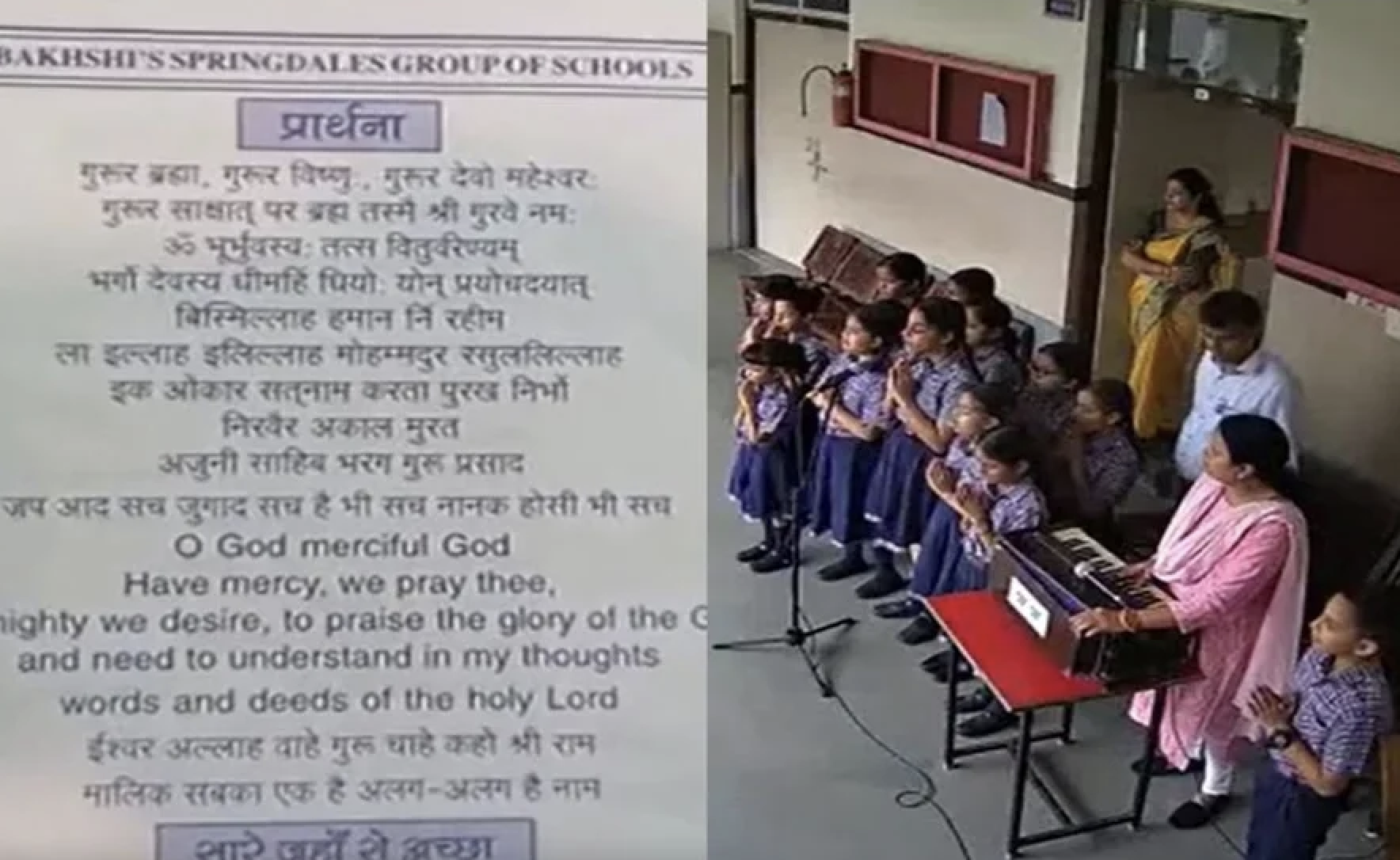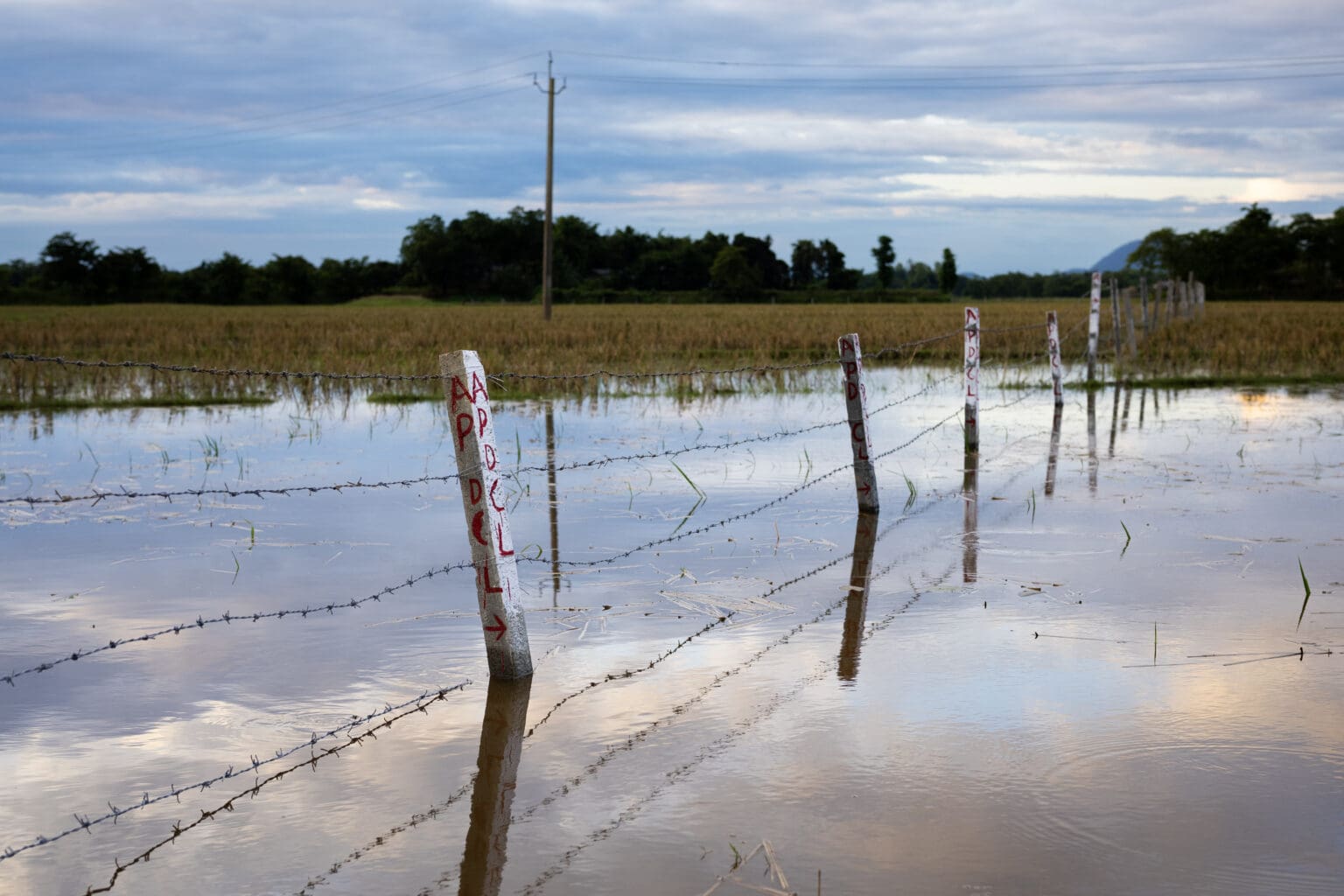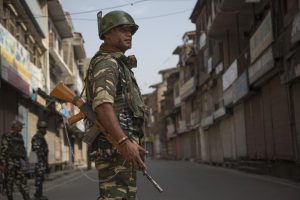
An Indian paramilitary soldier in Srinagar, the capital of Indian-administered Kashmir, in September 2019
In a sweeping and controversial move on August 5, India transformed its relationship to the disputed territory of Kashmir. The government of Prime Minister Narendra Modi chose to eliminate Article 370 of the Indian constitution, which for seven decades had granted Kashmir a special status within India. The decision effectively quashed any lingering Kashmiri hopes for self-determination and bound Kashmir more closely to India, reducing it from a state to a “union territory” administered directly from New Delhi. Anticipating outrage and protest, the Indian government placed the Kashmir Valley—where most of the state’s Muslim-majority population lives—under lockdown, arresting local politicians, cutting off communications, limiting movement, and flooding Kashmir with troops.
Though it took many by surprise, the decision to abrogate Article 370 didn’t come out of nowhere. Modi’s ruling Bharatiya Janata Party (BJP) had long harbored the desire to revoke Kashmir’s nominal autonomy and normalize its status within India. For Indian nationalists, Article 370 and its associated provisions had become a symbol of Kashmir’s “incomplete” integration into the rest of the country. While the annulment of Article 370 sparked condemnation around the world, it won broad and immediate support within India, including across the gamut of opposition parties.
For Kashmiris, the triumphalism in the rest of the country was a final blow in a long series of betrayals and humiliations at the hands of the Indian state that have eroded Kashmir’s constitutional and political identity. In India, much of the debate following the withdrawal of the territory’s special status revolved around the history and principles of the Indian constitution. But in Kashmir, speaking the language of constitutionalism can feel incongruous in the face of unending trauma on the ground. Kashmir has been under a state of siege for the last three decades. The Indian government’s intermittent crackdown on militants and dissidents alike has bred allegations of widespread human rights abuses, including torture and rape.
This is excerpted from an article on foreignaffairs.com that first appeared on September 20, 2019. Read the full story here.



